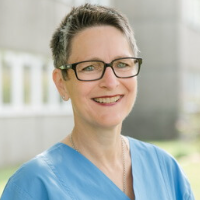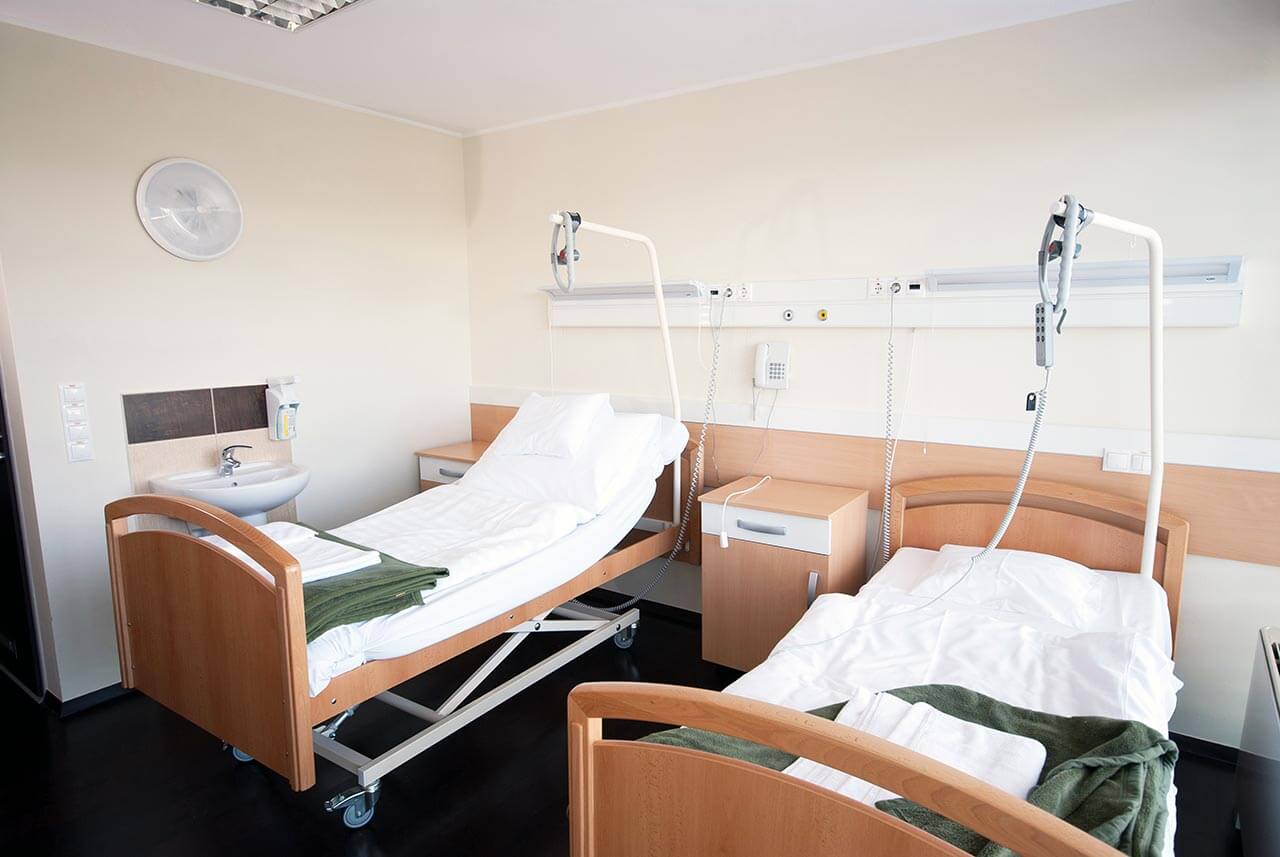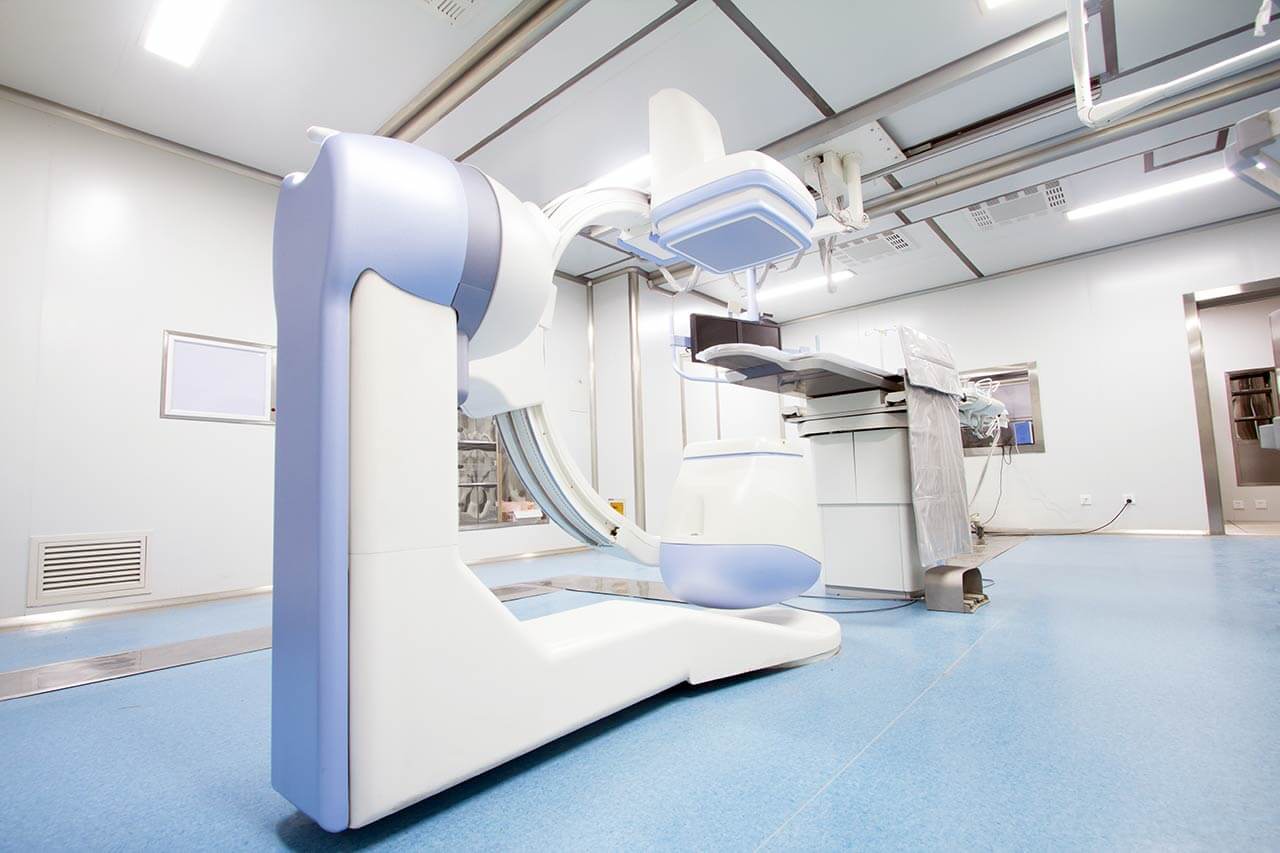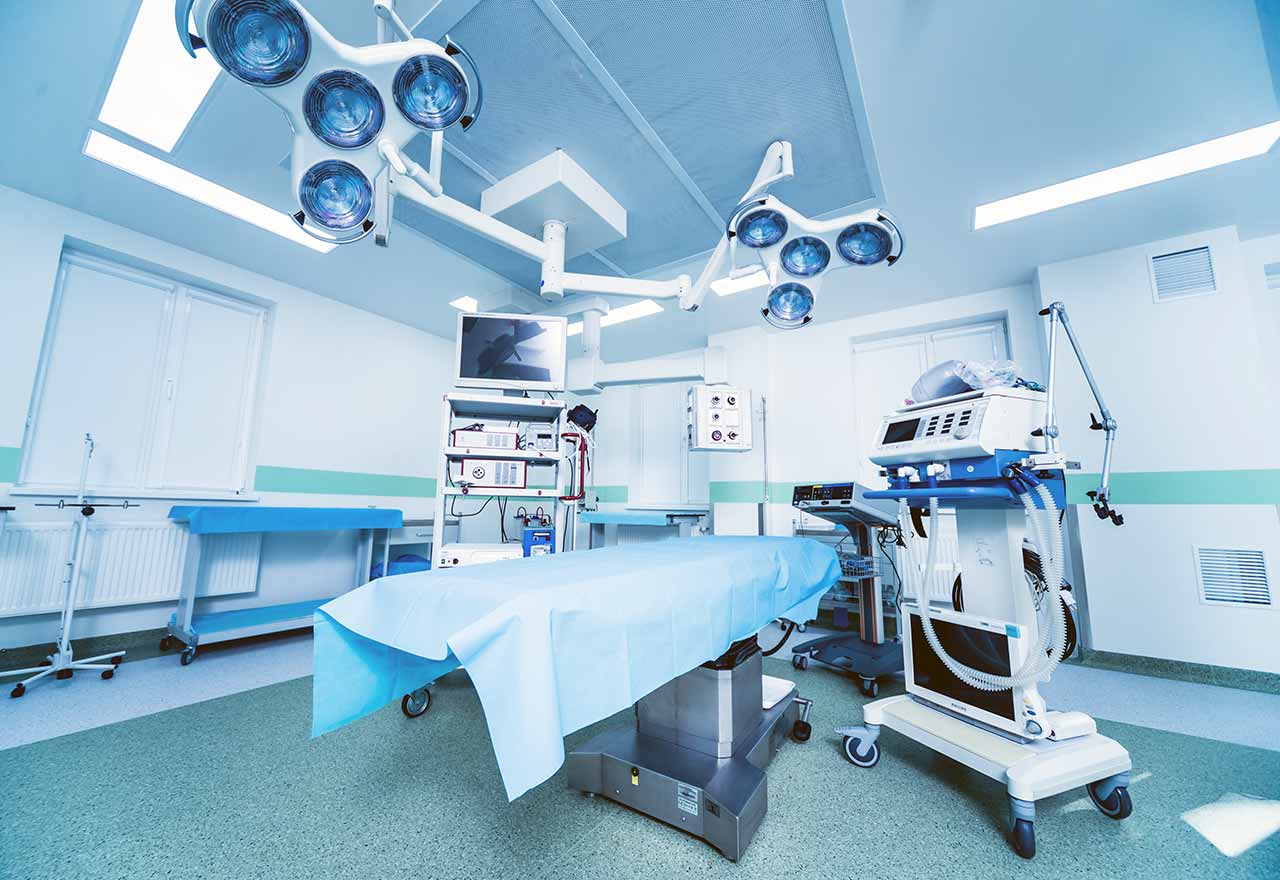
About the Department of Oncology and Hematology at Hospital Oberberg Waldbrol
The Department of Oncology and Hematology at the Hospital Oberberg Waldbrol provides medical care for patients with cancer of the internal organs and hematopoietic system. The department's doctors are highly competent in the treatment of lung cancer, lymph node cancer, leukemia, and gastrointestinal cancer. The specialists also demonstrate success in the treatment of prostate, kidney, bone, and soft tissue cancers. An innovative approach to treatment involves tumor genetic testing to identify individual molecular targets, the impact of which will inhibit tumor growth and metastasis. The department's doctors also provide palliative care to patients with incurable cancers. The department's doctors offer patients treatment programs adapted to their clinical case, including the use of antibodies and immune checkpoint inhibitors. Thanks to the high professional competence of the physicians, the patients of the medical facility also receive safe and effective chemotherapy with minimal side effects. All treatment regimens are elaborated by the interdisciplinary team of the Cancer Center Oberberg. Medical care may be provided both on an outpatient and inpatient basis. The department has 30 beds for the hospitalization of patients. The Head Physician of the department is Dr. med. Ute Becker.
Lung cancer is one of the most common oncological diseases. A patient with this pathology has a malignant tumor formed from bronchial epithelial cells. Like many oncological pathologies, lung cancer in its early stages is asymptomatic, as a result of which patients often seek medical attention when the tumor has reached a significant size or spread to other organs. The primary diagnostic method for suspected lung cancer is a chest X-ray. Magnetic resonance imaging and computed tomography can more accurately determine the size, location, and spread of the tumor process. As a rule, during the diagnostics for lung cancer, the patients also undergo bronchoscopy (an endoscopic procedure). This method allows for a visual assessment of the condition of the upper and lower respiratory tracts, as well as the sampling of tumor tissues (biopsy) for a follow-up histological examination. Having complete clinical data on the patient in hand, a board of doctors consisting of oncologists, pulmonologists, thoracic surgeons, radiation therapists, radiologists, and other experts begins to develop a treatment regimen. Surgery is the most effective treatment method, the extent of which depends on the stage of the malignancy. The treatment regimen usually includes conservative methods such as chemotherapy, radiation therapy, targeted therapy, or immunotherapy. In cases of unresectable tumors, chemotherapy and radiation therapy come to the fore.
The department's specialists regularly deal with colon cancer treatment. Patients with this diagnosis receive medical care at a specialized center certified by the German Cancer Society (DKG). Colon cancer progresses relatively slowly and rarely manifests itself in the early stages, when patients have the highest chances of a complete cure. As for the treatment of this pathology, the department's specialists give preference to a comprehensive approach. Oncologists, surgeons, radiation therapists, gastroenterologists, and other experts work with the patient. In most cases, the first-line treatment is tumor resection surgery. Small colon tumors in their early stages can often be removed using endoscopic techniques. If endoscopic methods are not advisable, doctors may consider minimally invasive surgery. In the most complex clinical cases, the specialists perform extensive resections with the removal of the affected area of the colon, rectum, and anus with the formation of a colostomy. A treatment regimen also includes other therapeutic procedures aimed at the complete destruction of malignant cells in the body and recurrence prevention. An integral part of the therapeutic process is chemotherapy. Radiation therapy may often be prescribed as well. In advanced stages, colon cancer may become resistant to chemotherapy drugs and targeted therapy, continuing to progress rapidly. In such cases, the department's oncologists resort to immunotherapy. This is an innovative treatment method, the essence of which is to activate the patient's own immune system to destroy tumor cells.
The department demonstrates excellent results in the treatment of leukemia (blood cancer). Leukemia can be acute or chronic. Symptoms of acute leukemia manifest themselves relatively early, and in chronic leukemia, they appear much later. The department's specialists have vast experience in the treatment of all types of leukemia: acute myeloid leukemia, acute lymphoblastic leukemia, chronic myeloid leukemia, and chronic lymphocytic leukemia. To confirm the diagnosis of leukemia, the doctors of the medical facility perform comprehensive laboratory diagnostics, including a complete blood count and a blood biochemistry test, as well as a bone marrow puncture with a follow-up histological examination. The diagnostics also often include abdominal ultrasound scans and chest X-rays. In some cases, CT and/or MRI may be required. As for the treatment, chemotherapy is the primary method. In many cases, the department's oncologists prefer polychemotherapy with the simultaneous use of several cytotoxic drugs. Radiation therapy and targeted therapy are often used as second-line treatments, and in the most complex clinical cases, a bone marrow transplant is a good chance for recovery. In cases of acute leukemia, treatment should begin immediately because this type of cancer is characterized by rapid progression and can lead to death in just a few months. As a rule, acute leukemia is treated on an inpatient basis, while patients with chronic forms receive therapy on an outpatient basis without a mandatory hospital stay.
Since a cancer diagnosis often causes severe emotional distress for patients and their close ones, psycho-oncological care is an integral part of treatment. The efforts of psychologists are aimed at combating fears and anxiety and creating a positive attitude towards a successful treatment outcome. Psychological support is also provided to the patient's relatives, if required. There is also the opportunity to communicate with patients with similar diagnoses in self-help groups.
The department specializes in the treatment of the following diseases:
- Lung cancer
- Colon cancer
- Stomach cancer
- Esophageal cancer
- Rectal cancer
- Kidney cancer
- Bladder cancer
- Prostate cancer
- Uterine cancer and cervical cancer
- Ovarian cancer
- Breast cancer
- Bone and soft tissue malignant tumors
- Head and neck malignant tumors
- Acute and chronic leukemias
- Hodgkin and non-Hodgkin lymphomas
- Other oncological and hematological diseases
The department's therapeutic options include:
- Surgical treatment (in collaboration with highly specialized surgeons)
- Chemotherapy
- Radiation therapy
- Target therapy
- Antibody therapy
- Immunotherapy
- Other treatment methods
Photo of the doctor: (c) Klinikum Oberberg GmbH




